Class Notes
In loco parentis
BY ANDREW HEWITT (1964)
So, what were things like at Clare when the age of majority was 21, undergraduates were minors, and the College was in loco parentis?
The first and most obvious thing was that the gates were closed and locked at midnight and anyone returning to their rooms after that time was liable to incur the severe wrath of the Porters. The solution to this was to “climb in”. Every college had an established route which was quickly learned – in my case from my brother who had been up in the three years before me – Peter Hewitt (1961).
I was extremely fortunate to spend all three of my years in College: the first and the third by ballot in Old Court on H staircase, and the second in Memorial Court by the wheeze of the golf secretary – Chris Bark-Jones (1964). His was a half-blue sport. I was secretary to the sailing club – also a half-blue sport. Secretaries to full-blue sports were given a room in College and, at that time, there were some shared rooms available. He argued, successfully, that two half-blues made a whole and we were allocated a room on K staircase.
The place to climb into Memorial Court was where the railings separating the court from the University Library ran into Thirkill Court. The railings gave purchase, the brickwork gave friction, and the spikes on the top of the railings were, as I recall, not too fearsome. Round the corner, just after dawn on a summer morning, I came across the Porters doing an early walk-round. Breathing a sigh of relief that I hadn’t been caught climbing in, I cheerily greeted them with a “Lovely morning”. “Yes, sir”, they said (always polite). “Or was it last night,” they added – noticing my dinner jacket. I gave them a broad smile and walked on.
Climbing into Old Court was marginally more hazardous. You started by manoeuvring around the outside of the south pillar on the gate out to the Backs. Rumour had it that one rugby player, returning from a long convivial evening on a very cold night, had slipped at this point and ended up concussed and flat on his back on the ice below. He was sustained by the high alcohol content of his blood and survived.
Crossing the bridge, you then had to hop over the wall into the Master’s Garden by the copper beech tree and cross diagonally to the door in the far corner which led into the passage that is now being converted into the new River Room. This door always just happened to be left unlocked. It was a photograph from the passage into the garden that appeared in the summer issue of Clare News that gave rise to all these memories.
In my third year, I was given room H1. My reputation must have been that I was a reasonably quiet person because this room was reputed to be over the Master’s Bedroom – then Lord Ashby. The person before me was certainly of a religious bent as evidenced by the soot marks over the mantlepiece caused by candles. It was on returning to this room that I had a further close encounter with the Porters.
My visitor had arrived late and I was reluctant to allow her to stay (see below for reasons), so I escorted her to a friend’s flat where she could spend the night. By the time I returned it was past midnight and a brisk walk out to the Backs, back across the river and through the Master’s Garden brought me into the North Passage. Again I encountered the Porters doing their rounds; perhaps they were on their way to stake out the door from the Garden to intercept any late arrivals. I was able to give them another broad smile because I was already inside the College. If they had chosen to challenge me, I could have said that I was on my way to the loo. In my time, the loos and bathrooms for H staircase were in the basement under the Hall. The rooms were in the roof. Bedrooms had a washstand with a large bowl and a jug of cold water (which froze on one occasion in the winter of 1964-5).
Another aspect of the College being in loco parentis was that we were not allowed to leave the College without permission. My moral tutor had a fairly relaxed attitude to this and, if we completed an exeat and left it outside his rooms, he would sign it and pass it to the Porters. So, when I was on the Trumpington Road starting to hitchhike down to Exeter, I had no sense of impending doom when I said a cheerful “Good morning” to a Porter cycling into work. It was only on my return that I discovered that my tutor had been away and the Porters had raided H staircase to confirm my absence.
Once the mix-up with my exeat was resolved, there were no consequences for me, but the fellow occupants of H staircase were not best pleased. All had had a disturbed night. One had been found with an overnight female companion and was in bad trouble.
Thank you to Clare News for reviving these memories. I recall my time at Clare and my contemporaries there with much fondness. I was very proud that Clare was among the very first colleges to go co-educational and I am delighted that they put so much effort into their outreach work.
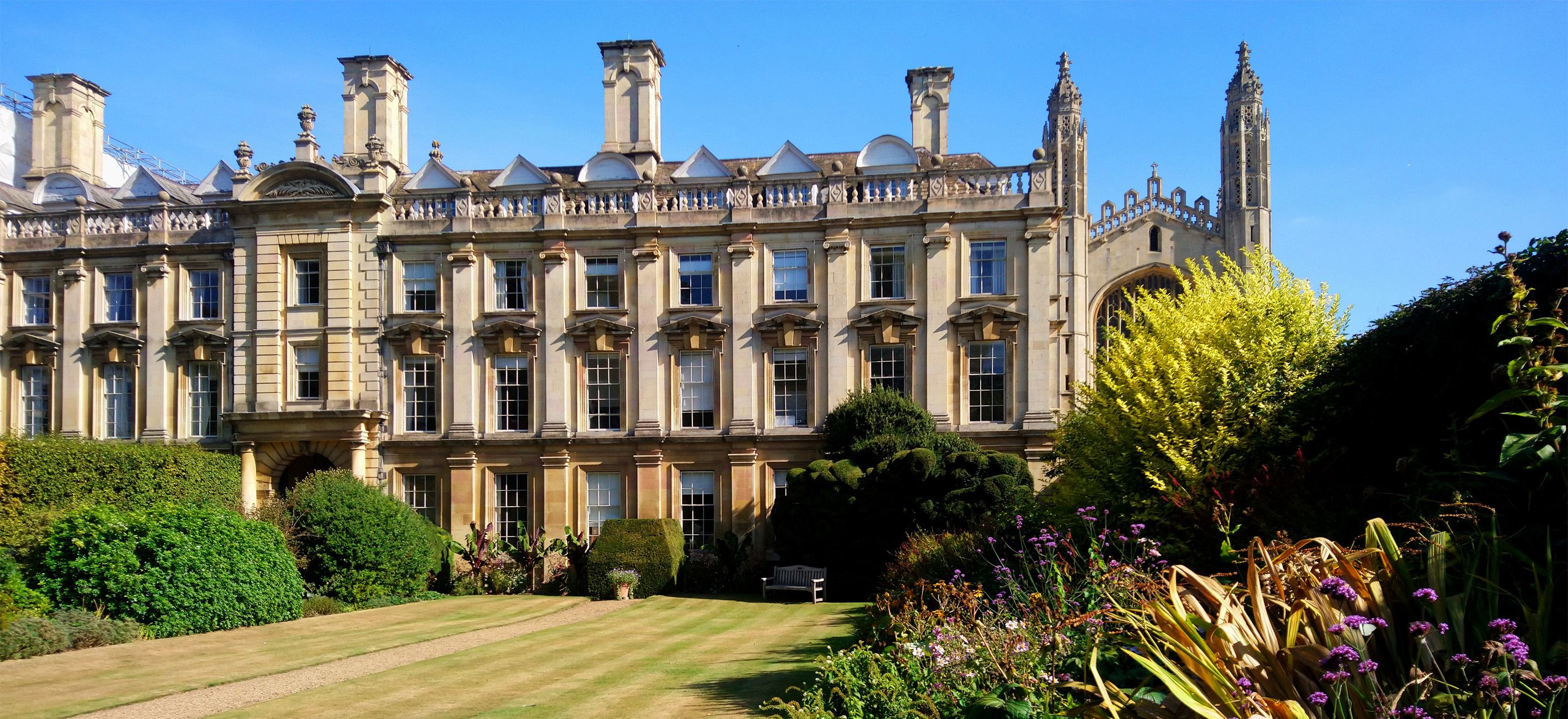
John Porterfield, 1956
As a boy I had an adoptive aunt Nellie Roberts nee Haines. Her younger brother Frank came up to Clare as a music scholar in 1907. In 1910 he was one of the officer cadets from the university to form the guard at the King's funeral in Windsor. He wrote to Nellie of his day: up at 5, formed up in the Market Square at 6, train to Windsor, lined up along the route to St George's Chapel.
He stood where the path was only a yard wide so the mourners came very close of whom nine European kings including Kaiser Wilhelm. President Roosevelt nearly brushed against his rifle. Then stood down, train back to Cambridge arriving 9pm.
Frank became organist at King's, joined up in the First War, was killed in France in 1917. After the war Nellie was shown the battlefield by a fellow officer whom she married.
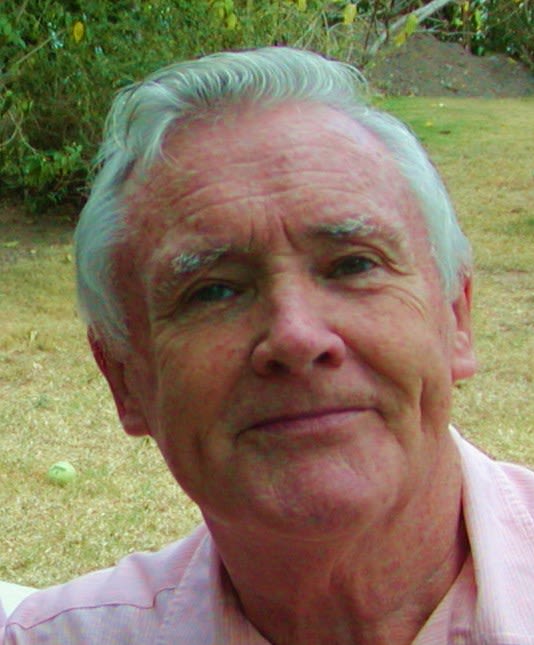
Graham Serjeant, 1957
Having spent the last 56 years working on sickle cell disease in Jamaica, it seemed appropriate to record many of the developments in this condition pioneered in Jamaica and their influence worldwide. The book entitled Sickle Cell, Jamaica and Beyond was published locally last year but is available through myself in Jamaica.
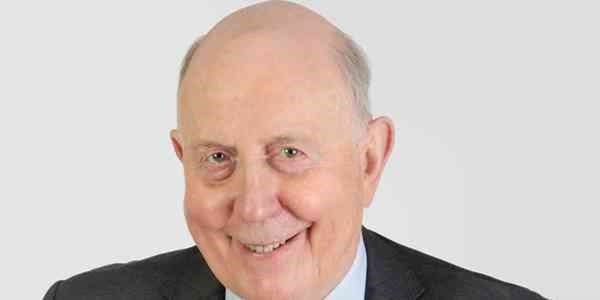
Nick Bosanquet, 1960
Our start-up aiming for Health Success launched in Feb 2021. Then aged 79, my partner is another (younger and more digitally whiz) Cambridge graduate Andrew Haldenby (Corpus Christi 1990-93) previously Director of the think tank REFORM. Our aim is to point ways of using the vast resources of the NHS to improve outcomes for patients. In our fortnightly blog we provide an independent view of government policies and set out positives for raising productivity. We were the first to make the case for Hubs to concentrate elective surgery: and for Virtual Wards for more intensive home support. We have carried out research for eConsult on how to improve choice and access for patients to GPs through digital triage. Patients send emails and get a response within hours. We have also published a review of the gains from private-public collaboration. The NHS like other health systems has a huge challenge in improving prevention and quality of life for people with long term conditions, such as coronary heart disease, COPD and diabetes. It will have to deliver continuity of care outside hospitals for high risk patients. There will also need to be programmes to help people with long COVID get back to work. Future funding will be more restricted with slower economic growth and competition from other programmes such as green investment and skills development. The NHS has been the Treasury’s Black Sheep. It now has to use more limited resources and scarce staffing to deliver more benefits to patients and to society. We are optimistic for the future…low cost innovation has a long history starting with the introduction of cataract surgery in Ancient Egypt four thousand years ago: there are now opportunities for low cost improvements for more personal care and improved outcomes.ols.
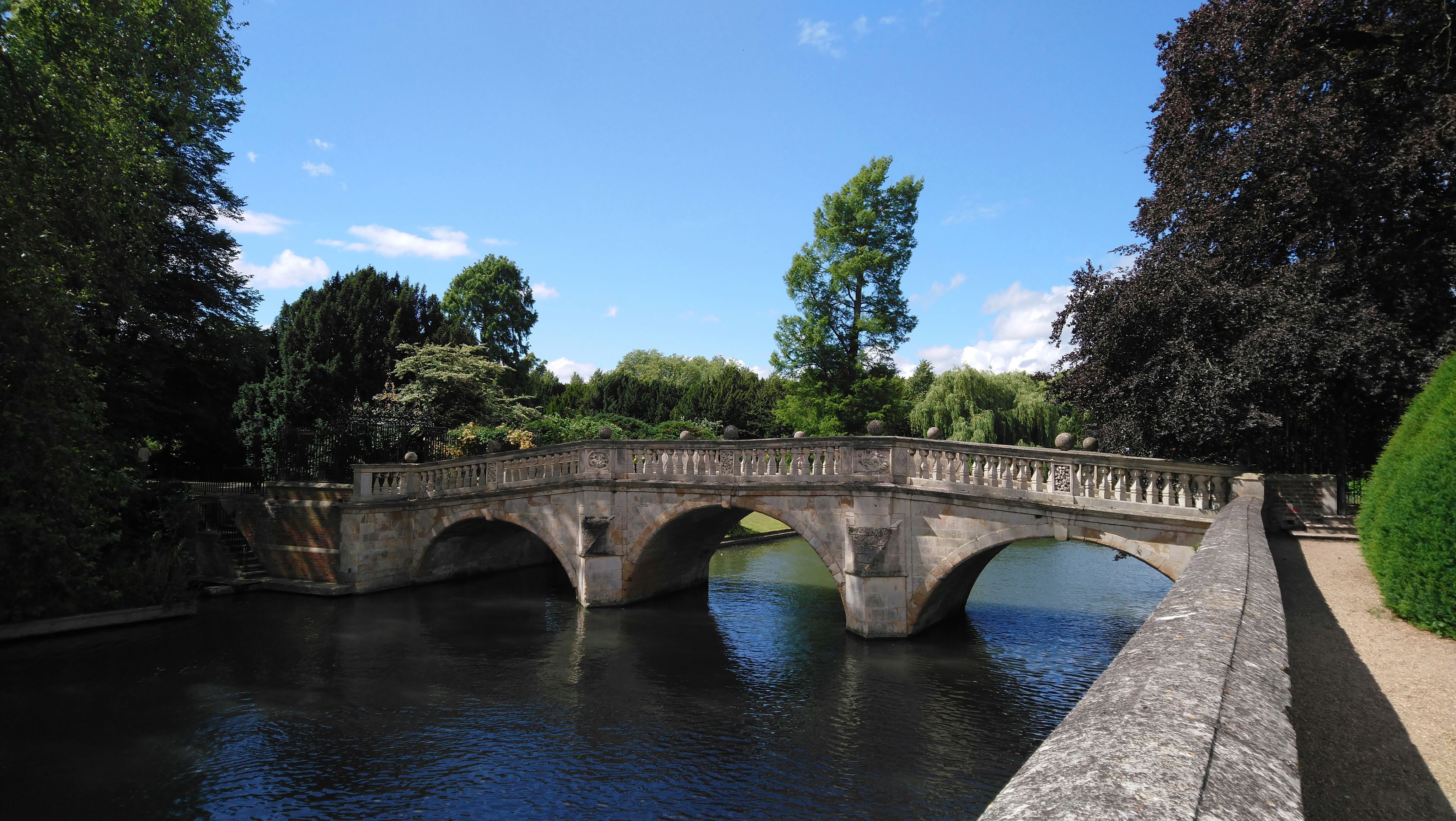
Sir Hayden Phillips, 1962
I want to share one fact about my time at Clare which I believe is unique. I was at Clare twice. From 1952 for five years as a boy chorister and then from 1962 as an undergraduate. When I arrived in 1962 Prof CMW Moule asked me round to his rooms and told me that he was the Trustee of the Clare Choristers Fund which had £80 left in it and he was going to give it to me provided I spent it on books relevant to my courses. I did so and still have the books, including the seminal work by my supervisor, Geoffrey Elton, on Thomas Cromwell. £80 bought a lot of books in 1962.
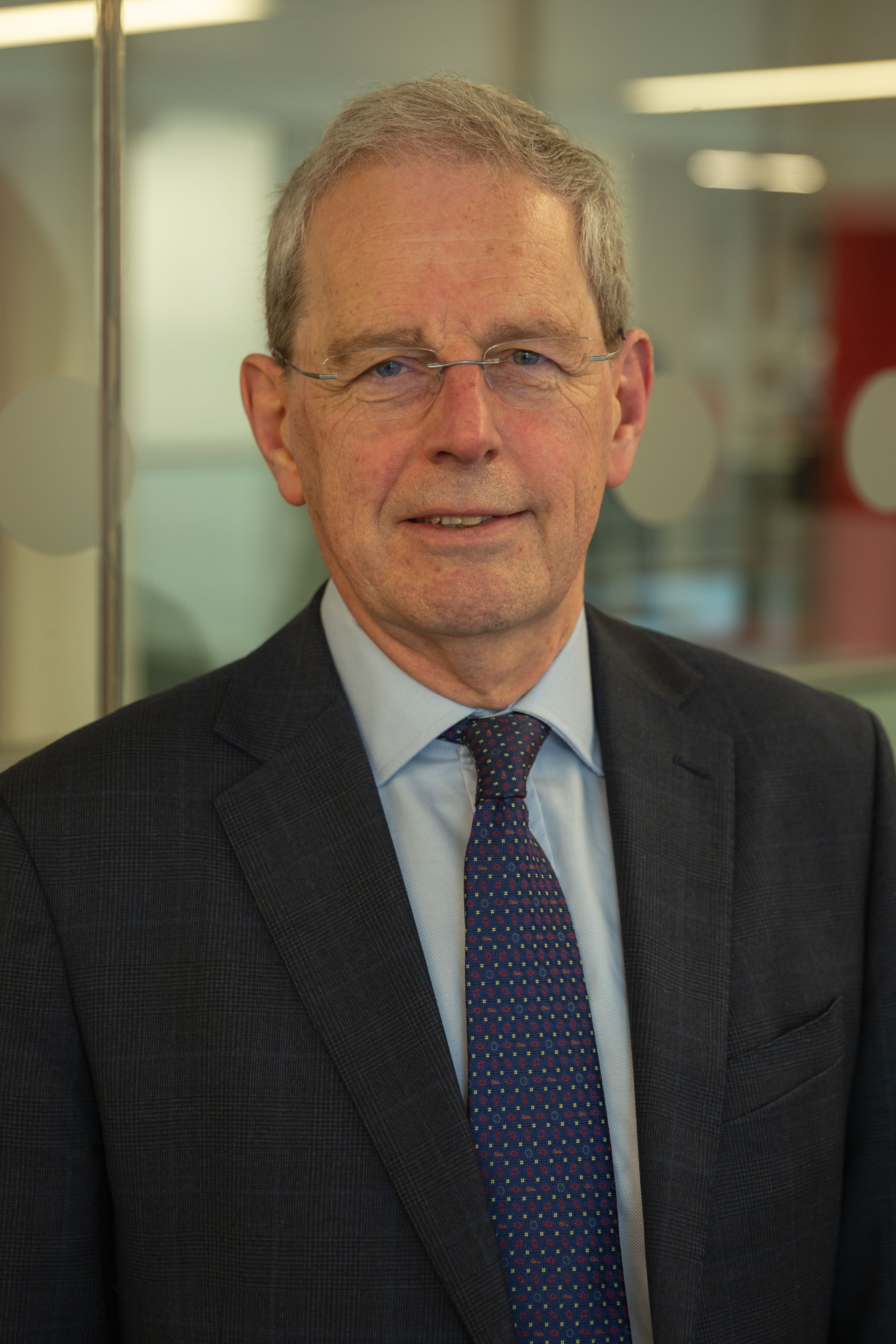
Kent Woods, 1966
Has completed six years as British Heart Foundation senior medical trustee and deputy chairman. Appointed BHF Distinguished Fellow. Also honoured to receive Alumni Award of Merit 2020, Harvard TH Chan School of Public Health. Deeply settled in Leicester, where he and Rose recently celebrated their 52nd wedding anniversary and enjoy the company of their eight grandchildren.
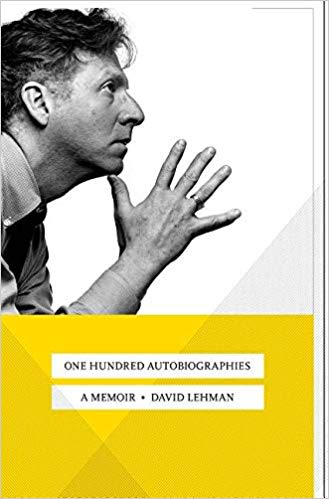
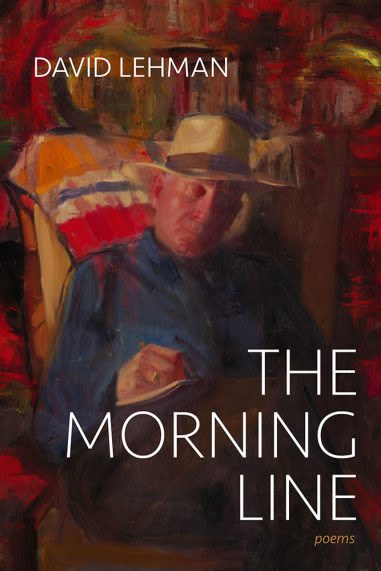
"The Morning Line: Poems" (University of Pittsburgh Press, Sept 2021)
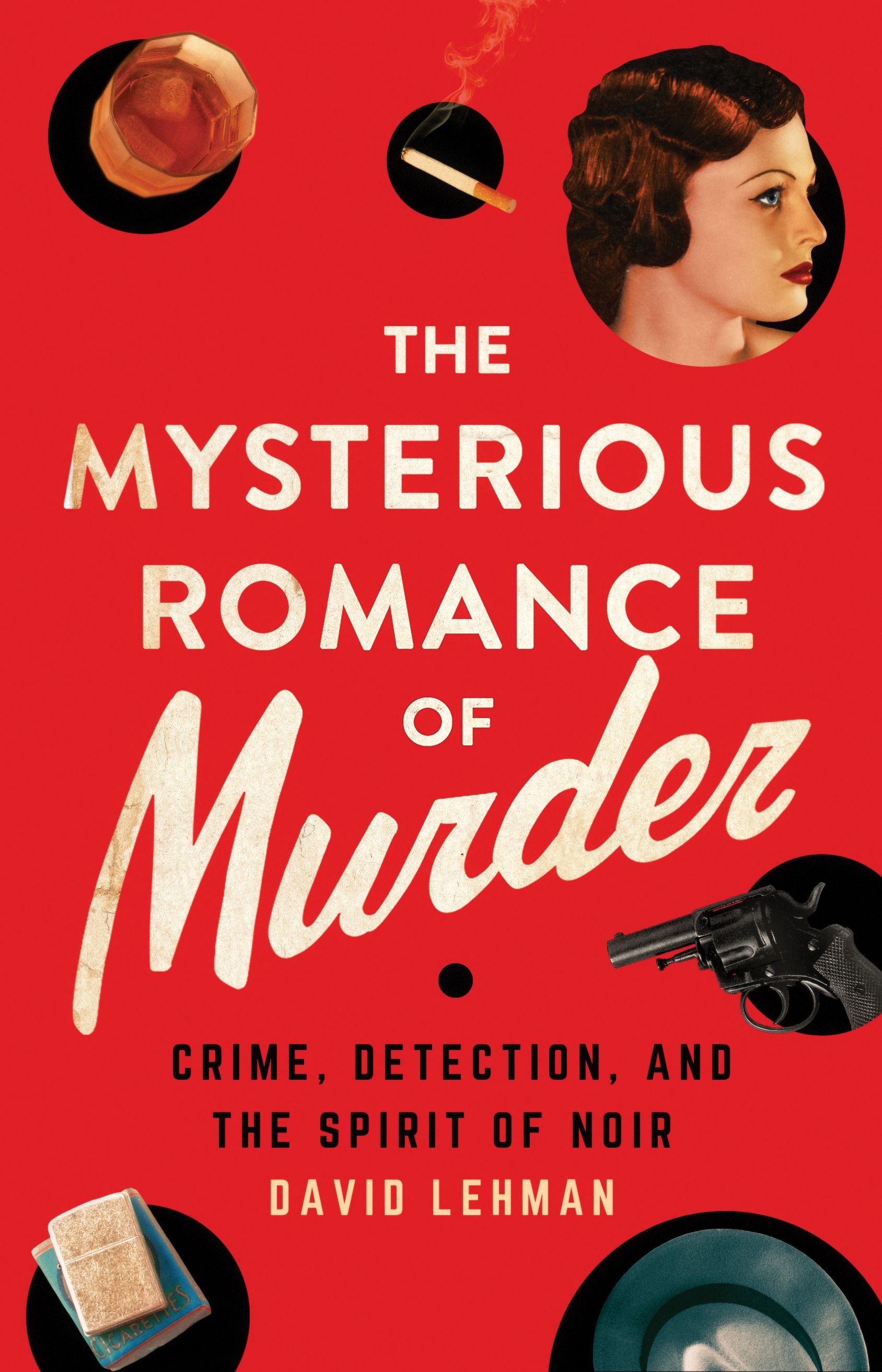
"The Mysterious Romance of Murder: Crime, Detection, and the Spirit of Noir" (Cornell University Press, May 2022)
David Lehman, 1970
David Lehman continues as series editor of "The Best American Poetry," the annual anthology he created in 1988. The 2022 edition will be published by Scribner in Sept 2022.
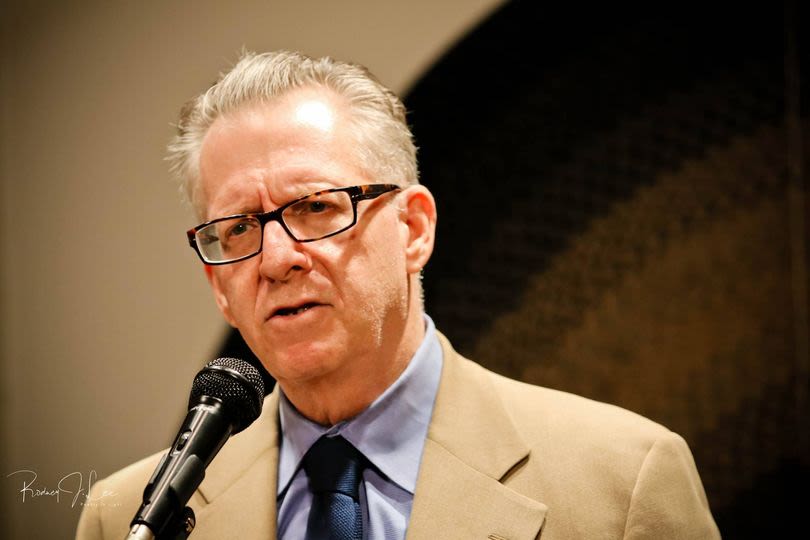
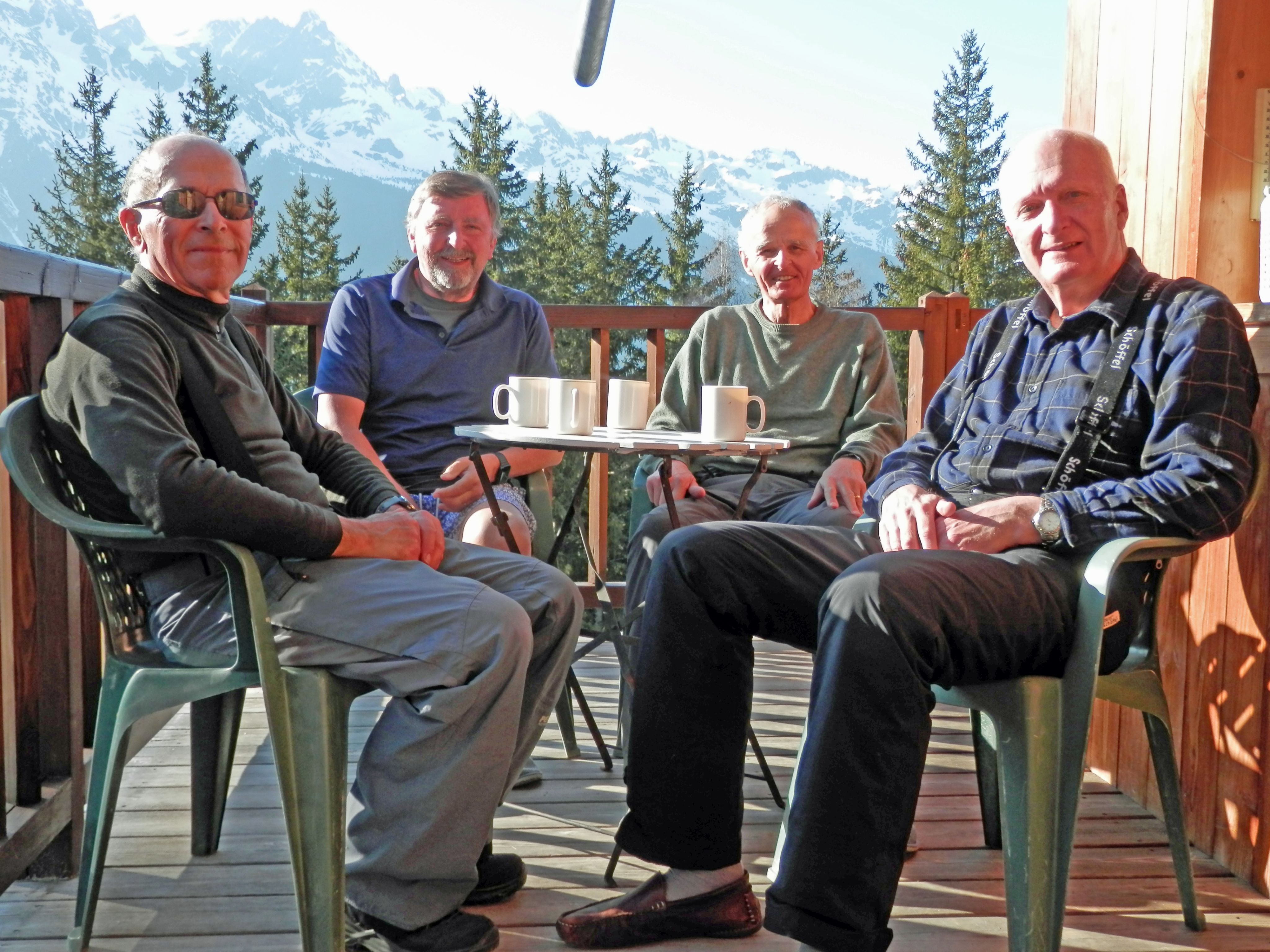
Peter Jones, 1971
Four 1971 alumni and 1974 First Mens’ May VIII members got together in the mountains in March – and it should have been five. Eddie Banks organised the trip, with Peter Jones, Simon Whittaker, David Rhoderick (normally in the USA but visiting family in Europe) and Richard Coxe, who had been unable to return to Australia for the winter because of the Pandemic. Sadly Eddie tested positive the day before departure and had to drop out but the remaining four enjoyed a great week of perfect weather and excellent skiing in the Alpe d'Huez area in France. Richard hadn't skied for 25 years but soon demonstrated elegant 1970s-vintage classical Austrian technique - and the group skied over 7,000 metres of vertical descent on the last two days, a performance which would have satisfied many rather younger groups. Better luck next year for Eddie!
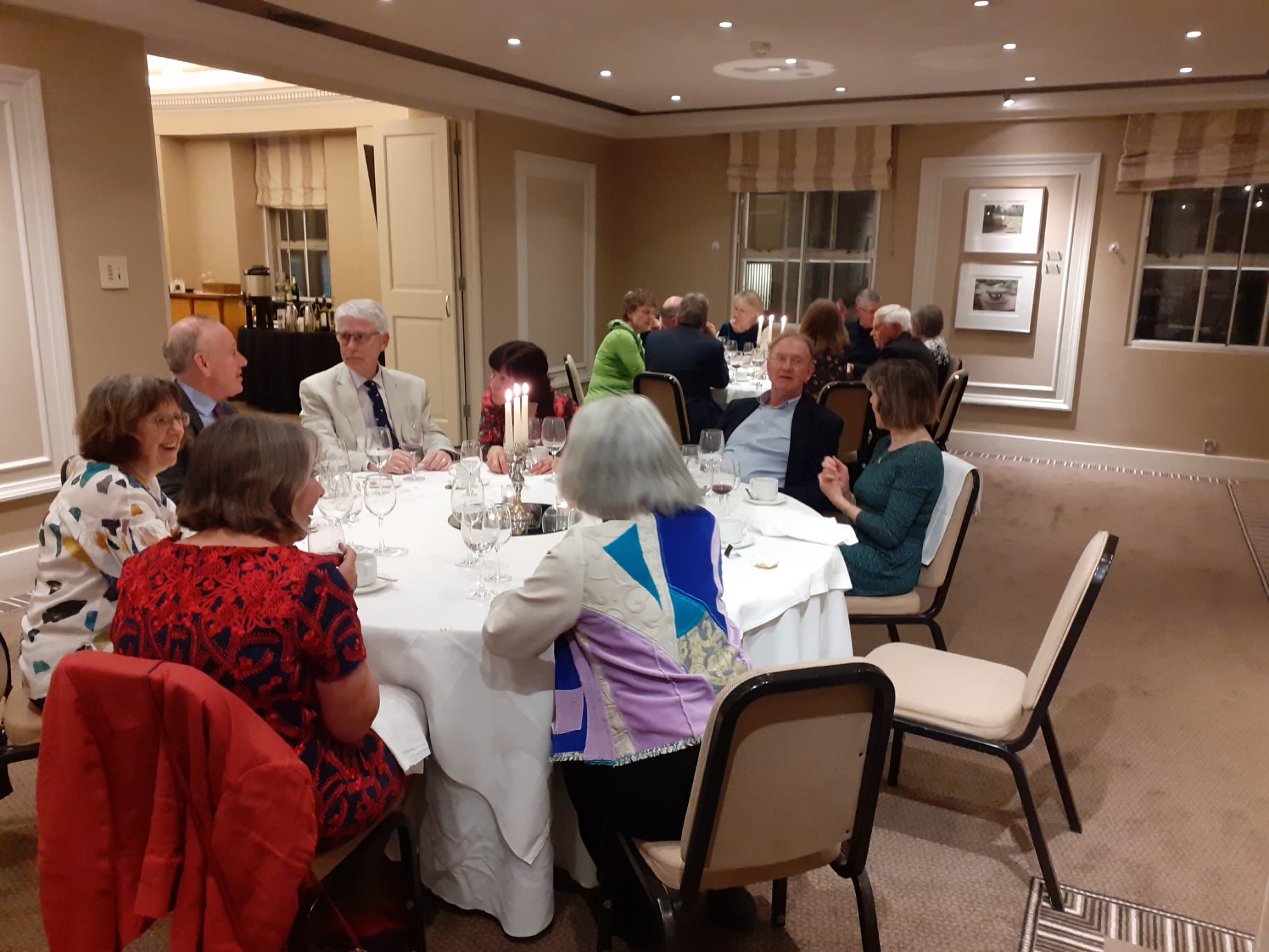
David Livesley, 1975
About 20 of those matriculating in 1975 met for dinner at the Lansdowne Club in London in February. This was the first of these very enjoyable annual events to have been possible since the pandemic, and all being well there will be another informal dinner early in 2023. All who matriculated in 1975 are welcome to join us, and you are very welcome to bring your partner as well.
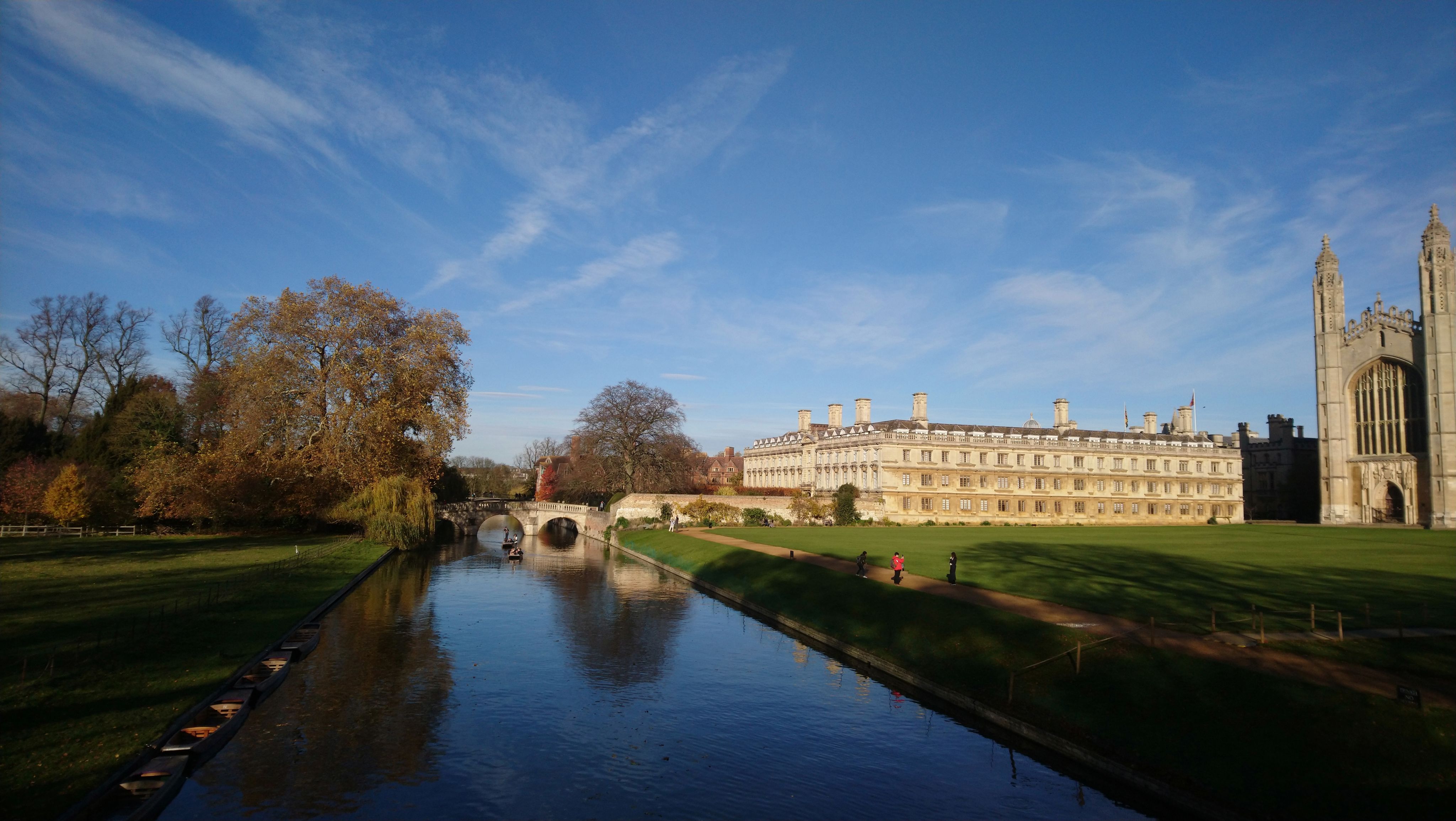
Anthony Milton, 1981
Elected as a Fellow of the British Academy, July 2022
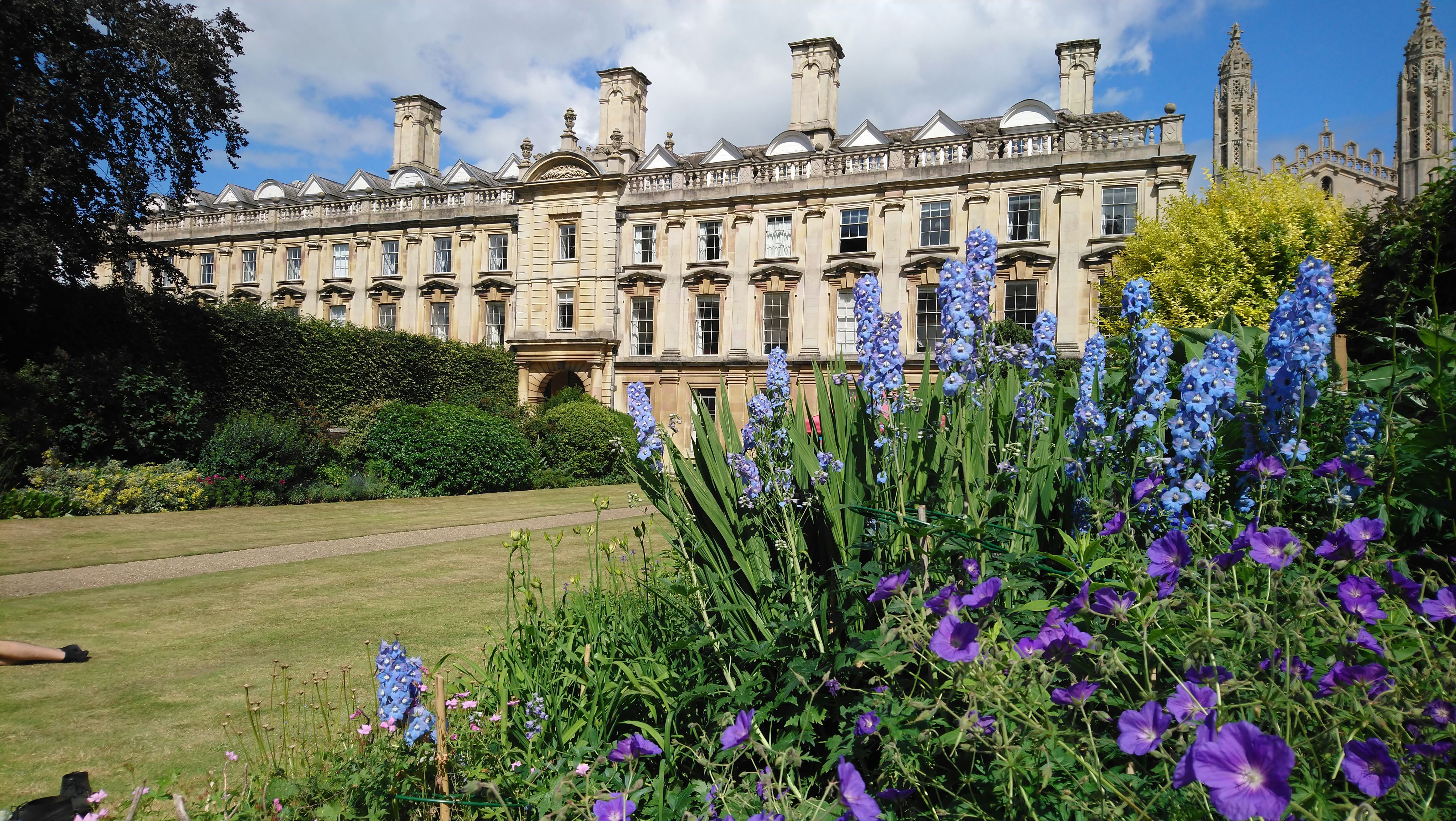
Alex Kremer, 1983
Now living in Vientiane, Laos, as World Bank Country Manager.
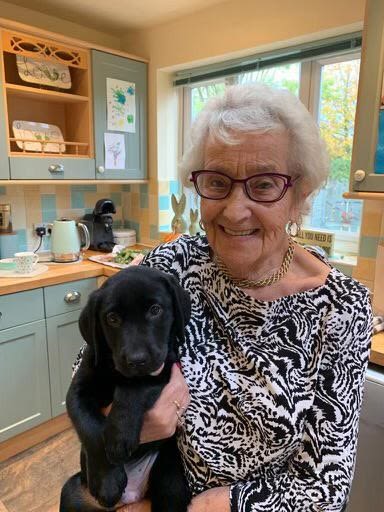
Ben Alexander, 1987
Those of you who lived in I staircase around 35 years ago and probably many of you who lived in nearby staircases will remember our bedder, Doris Wright. She rescued many of us from unmentionable scrapes and proved an unexpected source of wisdom to undergraduates who were unsurprisingly rather short on wisdom themselves. In one of those coincidences that can only happen in Cambridge, Doris’ daughter has looked after my father-in-law for many years. Consequently my family has corresponded with Doris annually and she even knitted clothes for my young children. So while it is rather sad to report that earlier this year Doris passed away, it is more reassuring to note she was 94 and fit, well and happy to the day she died.
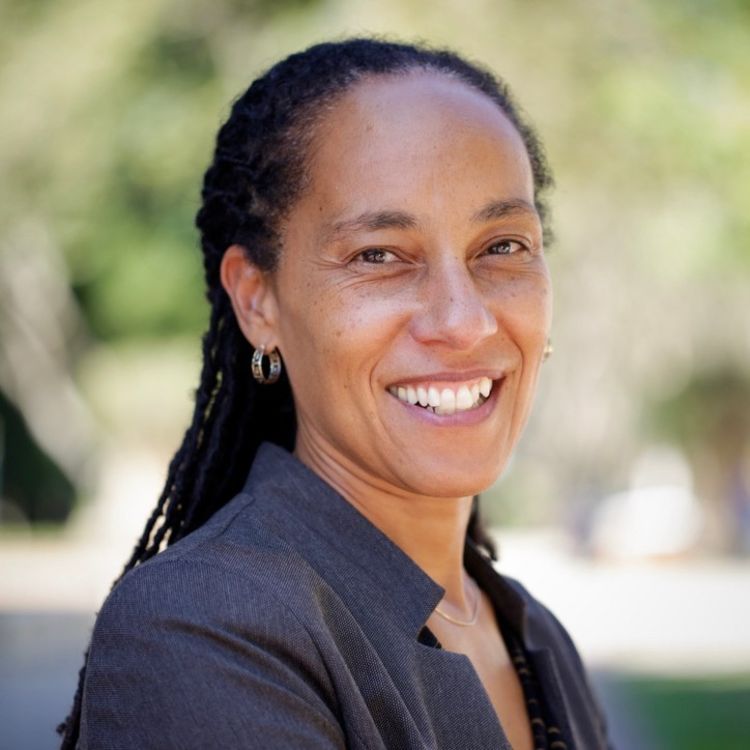
Chinyere Oparah, 1989
In 2021, I was honored to join the University of San Francisco as Provost and Vice President of Academic Affairs, bringing an agenda of inclusive excellence and educational equity to this progressive Jesuit university. I was attracted to USF for its rich diversity, global community, deep commitment to social and environmental justice, and values driven approach to education.
See press release: https://www.usfca.edu/news/new-provost-champions-equity
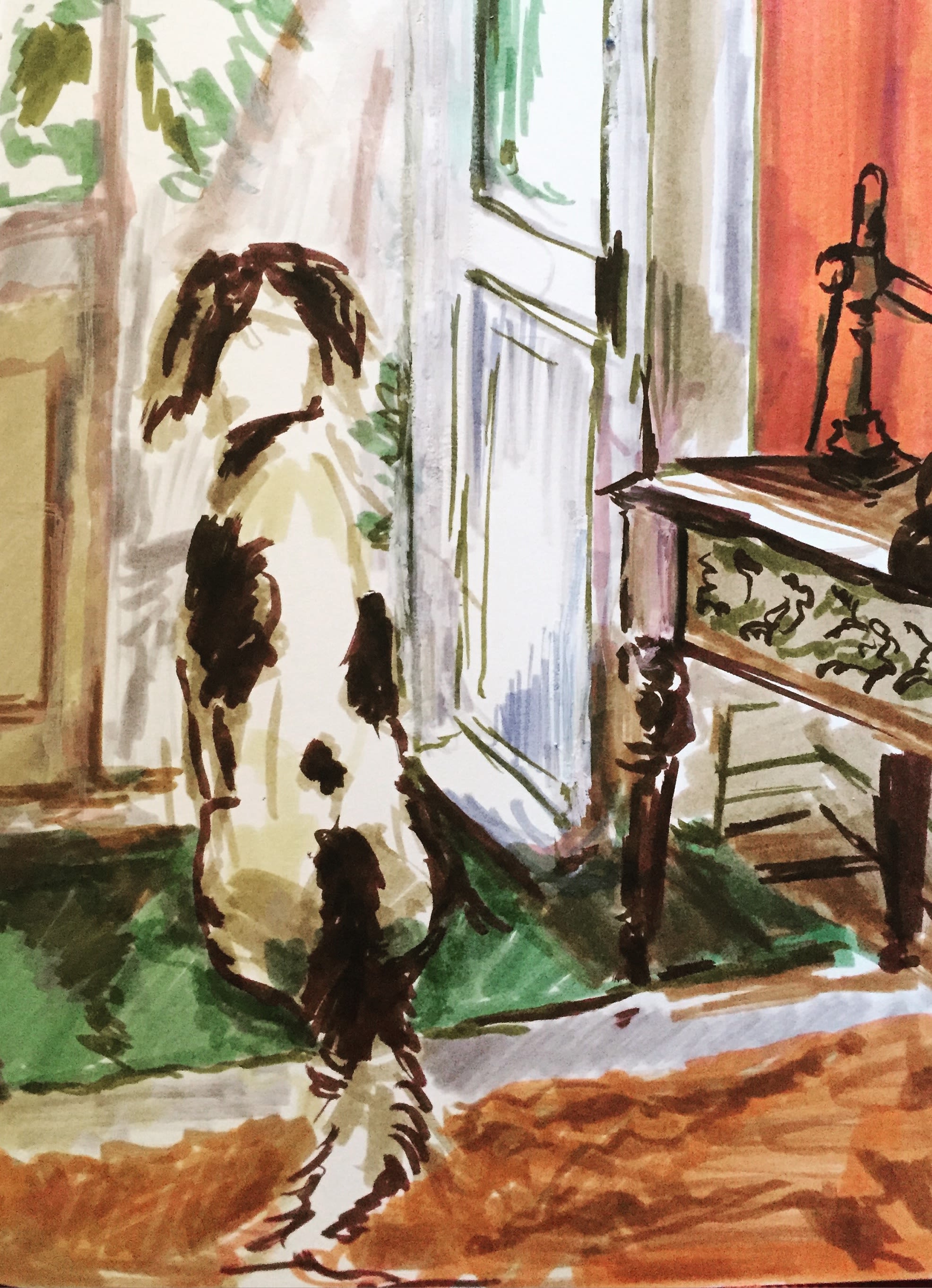
Katyuli Lloyd, 2004
Katyuli’s greeting card designs are currently stocked in all Daunt bookshops.
These include artwork from her illustrated edition of Virginia Woolf’s novel Flush, (Prosymne Press, 2018) which was short-listed for the V&A Illustration Awards 2016 and has a preface by John Sutherland, Emeritus Professor of English at UCL. This is available to buy in all major U.K. bookshops.
The card collection also includes artwork from Katyuli’s book covers for The Folio Society editions (2017) of Patrick Leigh Fermor’s Mani and Roumeli.
Her website www.katyuli.com and Instagram page @katyulilloyd contain more news and regular updates.
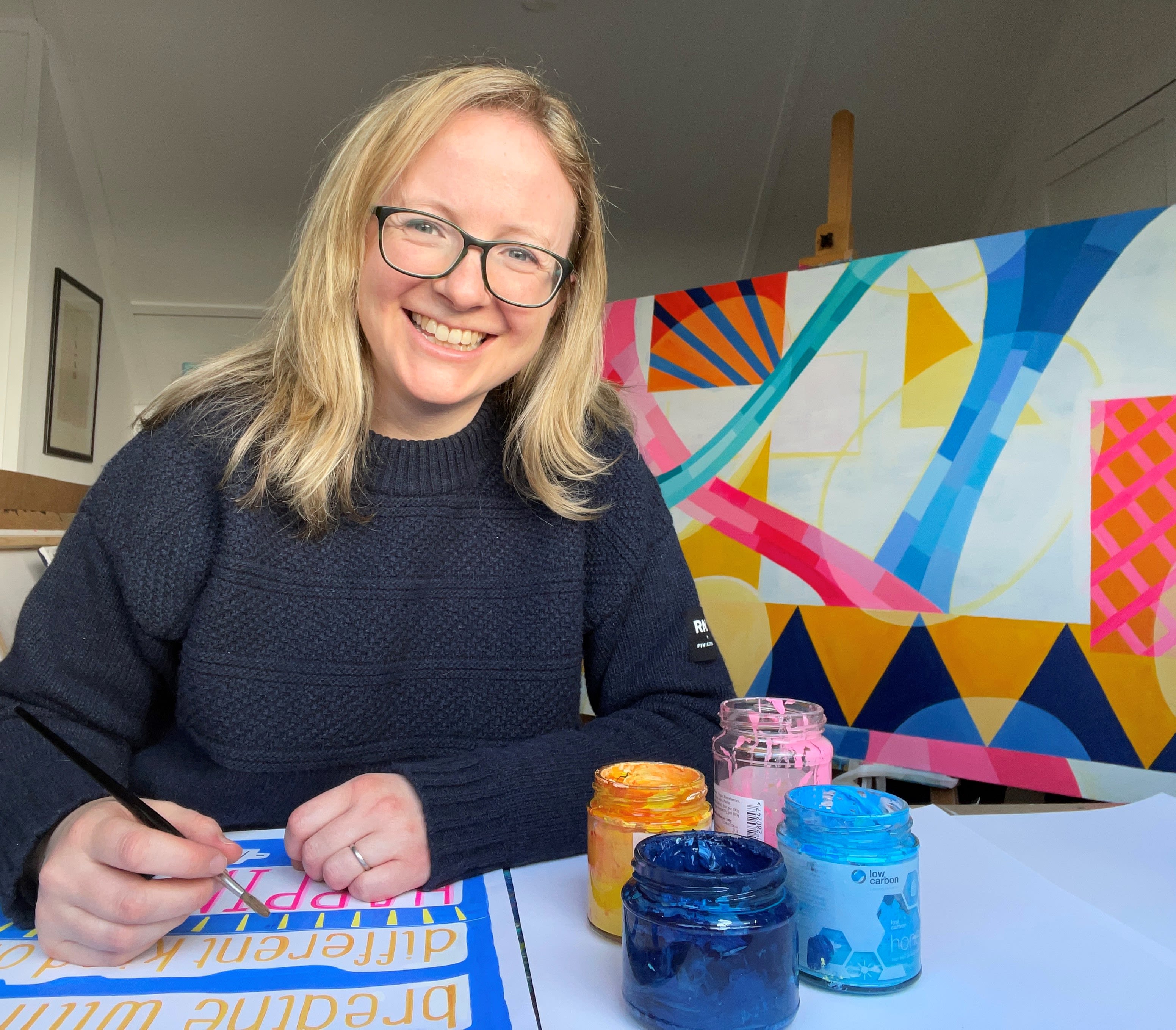
Sarah Moore, 2004
Sarah has gone back to her artistic roots and combined these with her research skills and work as a doctor to write a book.
Start Painting Now is a practical, accessible guide to discovering your creative spirit, giving you brilliant new tools for relaxation and self-care.
Sarah wrote the book with her sister, artist Emily Powell, and together they guide you through the process of learning to ignore your inner critic and unwind from the stresses of daily life through painting.
Whether you're returning to art after a long break or starting as a complete beginner, this book will inspire you to pick up a brush and see where it takes you. Backed by the latest research on the benefits of art for mental health and wellbeing, Start Painting Now will empower you to turn off your phone and throw yourself into the joy of creativity.
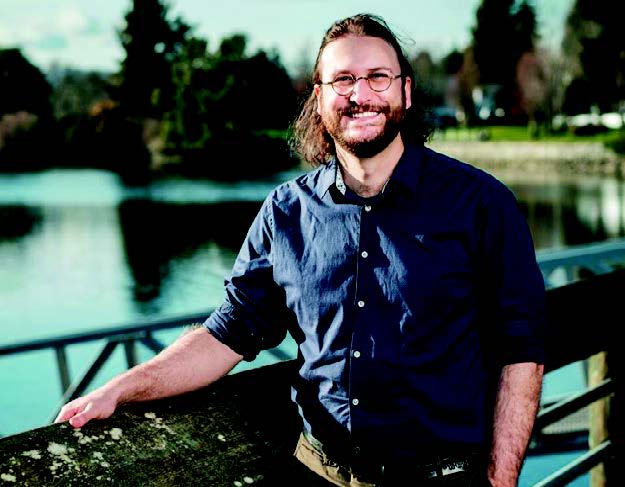
Teale Phelps Bondaroff, 2009
I am happy to announce that Dr. Teale Phelps Bondaroff (Cambridge, Clare College, 2009), was elected as a municipal councillor for the District of Saanich, British Columbia, Canada, on October 15, 2022.
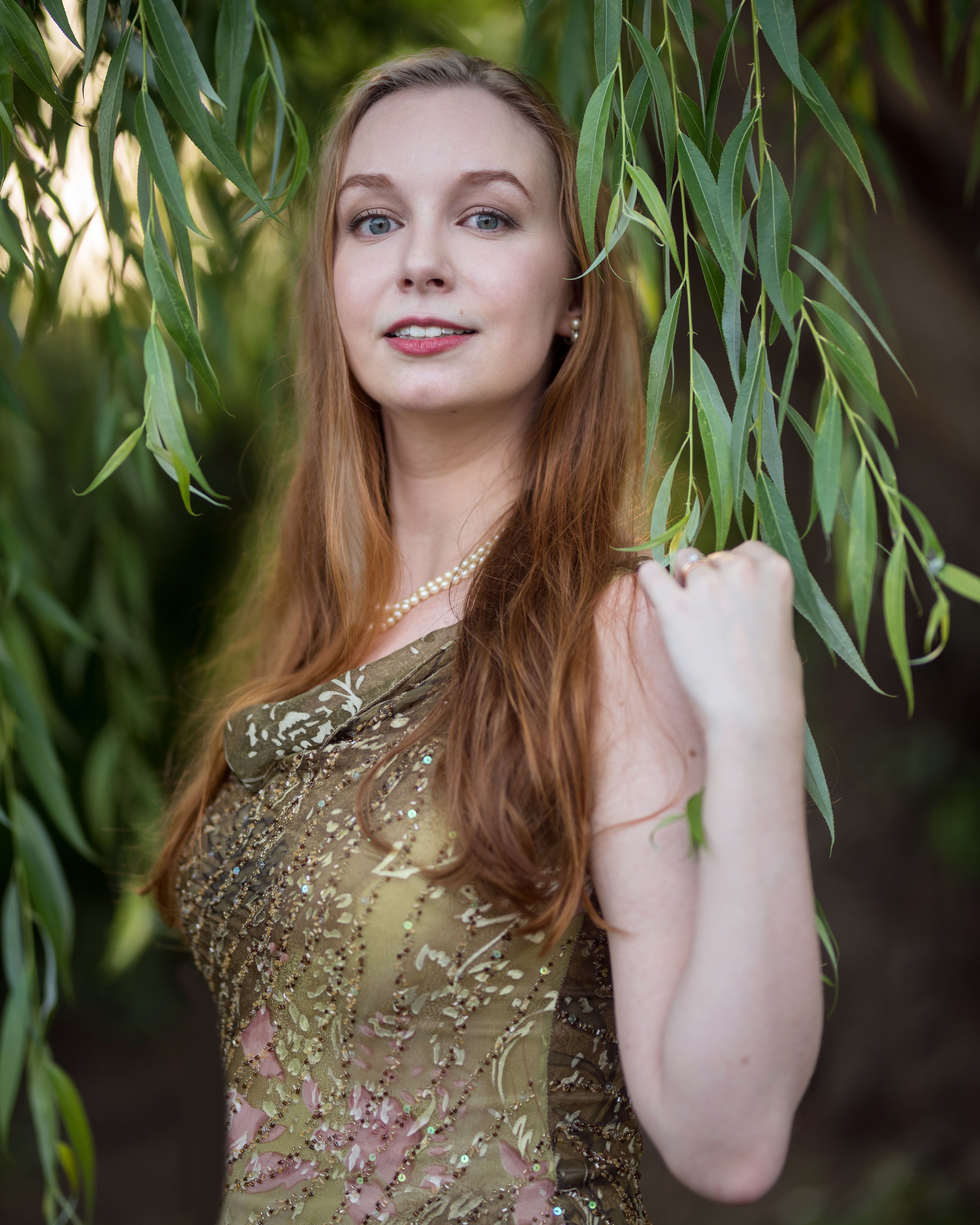
Gabrielle Haigh, 2010
I'm living in Chicago with my husband Mark Nelson (MPhil Pembroke 2012) and am continuing to pursue my musical career. Not only will I be soprano soloist with the Canton (Ohio) Symphony Orchestra next spring in Dvorak's "Te Deum" and a pair of songs by Richard Strauss, but I am incredibly happy to announce that I have released my first solo CD with pianist Randall Fusco, "Il Circolo Respighi", on the MSR label!
This project was a labor of love, and was brought to life by Audio Engineer and Producer David v.R Bowles of Swineshead Productions. It features songs by Ottorino Respighi, along with gorgeous and rarely heard songs by his student-later-wife Elsa Sangiacomo Respighi; two of his teachers: Nicolai Rimsky-Korsakov and Giuseppi Martucci; and another of his students, Vittorio Rieti.
Please visit MSR Classics at https://www.msrcd.com/catalog/cd/MS1784. Downloads of individual songs or the entire recording are available from Amazon.
